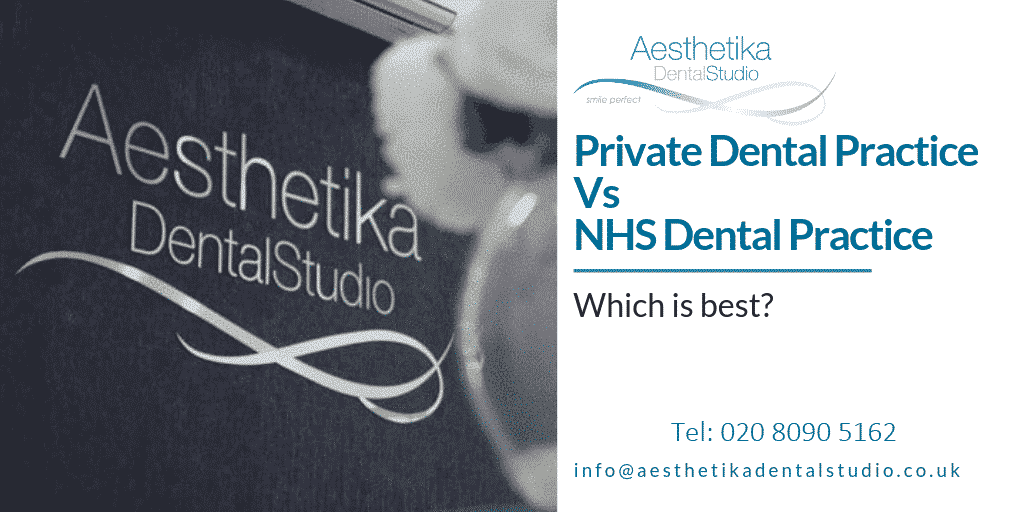Private Dental Practice Vs NHS Dental Practices: Which Is Best?
Private Dental Practice versus NHS Dental Practices: which is best? It’s a quandary many people have when assessing their treatment options with regards to their oral health.
There really is no one correct answer to this question. Both methods of dental practice have their own benefits, though it is true that a private dentist will be able to offer more time to a patient, so they can make the very best of their appointment and fully address any issues or concerns they might have.
What are the other considerations when weighing up your treatment options? Here, we’ll take a look at the benefits of both private dental practice and NHS dentistry so you can make an informed decision about your dental treatment plans.
What Are the Main Differences Between Private and NHS Dentistry?
Patients can sometimes feel confused about the difference between private and NHS dental treatment.
There is of course, a common assumption that private dentistry will be more expensive, and this is really not the case. By choosing a private dentist in Kingston you are actively seeking out a professional service, with the treatment outcome you require, that is cost effective.
-
Private Dentistry
As a rule of thumb, cosmetic treatments are not available on the NHS. This can mean that materials and treatments that will produce the best overall cosmetic appearance in a patient’s oral cavity are not always used. In private practice, treatment will always give both the best possible function, whilst being aesthetically pleasing too.
Private appointments are usually always offered any time a practice is open, and this includes evening, such as post 5pm and usually weekends too. Anyone that cannot make an appointment during their working week can get treatment on a Saturday, and sometimes even a Sunday.
Treatment in a private practice gives freedom to provide the patient with the best possible standard of treatment, using the highest quality materials. There are usually no funding restrictions and clinicians can focus on the treatment itself.
Treatment work such as dentures, crowns, bridges and implants are usually sent to private laboratories in which specialist technicians hand make the item. In the unlikely event that any work sent to a private practice is unsatisfactory there is often greater flexibility in returning items and getting replacements or repairs quickly.
Appointment times are often longer, so that treatment can be conducted at a relaxed pace. This often works better for patients who get very stressed about dental work or have a phobia. Often, clinics like Aesthetika will employ a dental phobia nurse who can help relax patients during treatment.
With private treatments you can often asked to be referred to a specialist if a difficult procedure needs to be carried out, for instance a tricky tooth extraction.
Some orthodontic treatments are not always offered on the NHS and as a rule orthodontic treatment for patients over the age of eighteen are not always available either. In a private practice this would be available.
If you need treatment, your private dentist will give you a range of treatment options and costs, plus a written estimate before you commit to any dental work.
-
NHS Dentistry
NHS patients will always be treated with the same level of care as any private patients are. However, it is worth noting that the government has a few restrictions on treatment and will fix the patient charges at a national level.
Treatment on the NHS is for functional reasons only and no cosmetic dentistry problems can be fixed.
That said, NHS treatment is cost effective for the tax payer. Every NHS clinic works to a fixed NHS budget, this means that more cost effective materials and laboratories are used for more serious and complex treatments.
The Government set guidelines for dental patients to be recalled, this means you should (in most cases) be offered regular check-up appointments. However, it does mean you can’t always have them whenever you want.
NHS cleaning will focus on gum health and always treat what is clinically necessary, so for instance if you are at risk of gum disease or tooth decay, so you are assured that the health of your teeth will always come first.
Appointment availability on the NHS can sometimes be limited and you may not always be able to get one outside of normal work hours. This can vary from practice to practice though and there are NHS clinics who have contracts to provide emergency services out of hours on weekends and Bank holidays
Unfortunately, some treatments are not available on the NHS in certain cases such as cosmetic treatments, dental implants and some preventative measures. However, clinics do vary and it is always best to check.
Services such as the hygienist are not always funded by the NHS, so if there is one at your practice you may sometimes have to pay extra to see them.
You can have referrals for certain specialist treatments on the NHS but waiting times may be higher.
Why Not Give Aesthetika A Call?
A good dentist who cares about their patient will always discuss every aspect of their treatment before proceeding, so you all know your options and can work out what is most cost effective and workable for you. You should always be given a written treatment plan so you can see the treatment required and how much this will cost.
To summarise, there is no one better form of dental treatment. The NHS will give you a good standard of functional treatment, which will suit a great many people. Private dentistry offers both functional and cosmetic treatment, but with a personalised plan and a full breakdown of costs.
If you are interested in a consultation for private dental treatment in Kingston, then call Aesthetika today or Contact us for a free consultation.
[/bt_text][/bt_column][/bt_row][/bt_section]

















